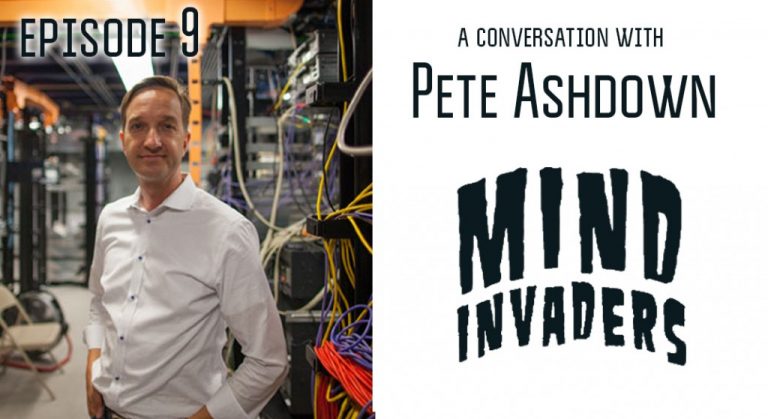Our brave new world—is privacy is a thing of the past?
We live in a world where our lives are becoming more and more dictated by social media and algorithm-driven computer platforms. They track us, they learn us, tell us what we want and when we want it, they know us.
The question, whether or not this sort of technology is a blessing or a curse is obligatory, it must be asked. But … could it be both a blessing and a curse?
Pete Ashdown is in a credible position to reflect on this issue. He is the founder of Xmission, an internet service provider in Utah and a former senatorial candidate.
In the latest Utah Stories podcast, we discuss the current state of the internet with Utah Stories publisher, Rich Markosian. This has become a hot topic with the recent release of the book Zuked: Waking up to the Facebook catastrophe by Roger McNamee
You are the product of social media
Most groundbreaking technologies have beginnings filled with optimism. Atomic power, for instance, promised electricity too cheap to even meter. Ashdown originally believed the internet would create a powerful forum for democracy. But now there is more cynicism as platforms such as Facebook have created “filter bubbles” that only expose a person to ideas to which they already adhere.
“When a product is advertised as being free, you are the product,” Ashdown says. Information that is gleaned from usage patterns can then be studied to pinpoint political leanings and the internet then becomes the perfect medium for political propaganda. “It isolates peoples’ opinions and they don’t have the time or inclination to be challenged.”
Social media sites are also changing our channels of human interaction. The postings on Facebook pages reflect sheen with no shadow.

“Online postings are all about status and are extremely superficial,” Ashdown says. In addition, the platforms exert great effort to keep users on site via activating dopamine pleasure responses linked to posting “like” reviews. “It becomes extremely addictive,” Ashdown says. The more time spent online means the less time spent in person to person dialogue.
But is the internet solely an evil ensnaring us all? Hardly.
Ashdown points out that algorithms can also expand our field of knowledge in areas such as music selection. Internet anonymity provides a shield for whistleblowers exposing corruption and allows painfully shy individuals a means to communicate.
On the whole, Ashdown believes the internet and social media has had a beneficial effect.
“But there is always a drawback. There has never been a utopian society either online or offline.”
To hear the entire Pete Ashdown interview tune into the Utah Stories podcast by clicking below:
or listen on one of these other platforms:








